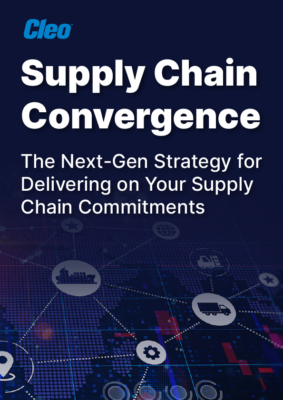ARTICLES
Subscribe to our Daily Newsletter!
Timely, incisive articles delivered directly to your inbox.
Popular Stories
-

How Businesses Can Cut Supply Chain Costs Without Jeopardizing Long-Term Growth
-

Fashion Brands Make Earth Day Commitment to Preserve Endangered Forests
-

Why Planning Isn’t Enough to Achieve True Operational Excellence
-

Podcast | What’s It Take to Be a Great Chief Supply Chain Officer?
-

U.K. Brexit Import Checks Delayed, Causing Confusion

2024 Supply Chain Management Resource Guide: There's Only One Way Off a Burning Platform
VIEW THE LATEST ISSUECase Studies
-
Recycled Tagging Fasteners: Small Changes Make a Big Impact
-

Enhancing High-Value Electronics Shipment Security with Tive's Real-Time Tracking
-

Moving Robots Site-to-Site
-
JLL Finds Perfect Warehouse Location, Leading to $15M Grant for Startup
-
Robots Speed Fulfillment to Help Apparel Company Scale for Growth

.png?height=400&t=1712097919&width=300)